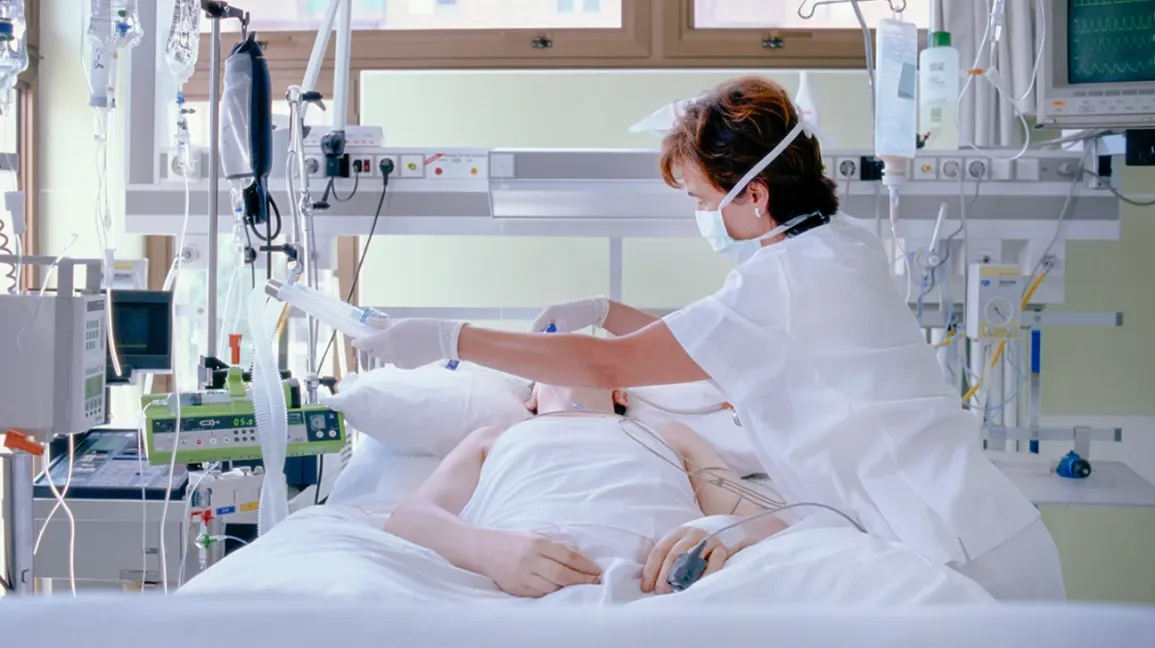
Compulsory treatment:
Compulsory treatment is only possible under strict conditions. A court must agree and so far they can only be carried out in clinics. However, the latter is unconstitutional, ruled Karlsruhe.
Medical coercive measures only in the hospital and not at home, for example – this strict rule in the law violates the basic rights of patients. This was decided by the Federal Constitutional Court in Karlsruhe.
The court is thus answering the important question of whether it would be better for some patients if compulsory medical treatment were carried out in their personal environment, i.e. at home or in a nursing home. And whether the state has a duty of protection to make this treatment possible outside of clinics in exceptional cases.
Coercive measures must be the exception:
Compulsory treatment is generally only possible in exceptional cases. If a patient is mentally ill or suffers from dementia, they often cannot correctly determine whether they need medical treatment.
If the ability to understand is limited, someone resists treatment and there is a risk of serious harm without treatment, a doctor may give medication under duress. A guardianship court always has to approve this. And so far the rule has been that compulsory treatment can only be carried out in the clinic.
Treatment in familiar surroundings

Starting point for today’s decision
was the case of a woman who was regularly subjected to forced medication in a clinic. Her supervisor said that the transport to the clinic traumatized her every time. The Federal Court of Justice (BGH) was also of the opinion that it violates patients’ fundamental rights if compulsory treatment is only possible in clinics. Treatment in familiar surroundings is often less stressful.
The BGH submitted the case to the Constitutional Court, which decided today: The strict rule – compulsory treatment only in hospital – is therefore unconstitutional. In individual cases it may be that compulsory treatment in hospital is bad for the patient.
There must be an exception for home treatments:
When announcing the verdict, the President of the Federal Constitutional Court and Chairman of the First Senate, Stephan Harbarth, emphasized that the previous regulation was not proportionate.
According to Harbarth, the requirements of proportionality are not met, “insofar as those cared for are threatened with significant impairment of their physical integrity at least with some probability due to the invariable requirement of an inpatient hospital stay and it is to be expected that these impairments will occur in the facility in which they are accommodated. could be avoided”.
Possible suffering from change of environment:
If the patient suffers significantly as a result of being transported to the hospital and this can be avoided by compulsory treatment at home or in a nursing home, the obligation to treat exclusively in a clinic is not in order, according to Karlsruhe.
The state has a duty to protect patients from excessive stress if they are subjected to forced treatment. For example, in people with dementia who are brought to a clinic and can suffer particularly from the change in environment.

Judges did not agree
The legislature must now change the rules on compulsory treatment. He can allow compulsory treatment at home. Requirement: The treatment must be less stressful for the patient than in the clinic and the medical care at home or in a nursing home must almost meet hospital standards. There is now until the end of 2026 for such a new regulation.
What is interesting about the decision is that it was made with five votes to three, i.e. three votes against the verdict. Constitutional judge Heinrich Amadeus Wolff has formulated a different opinion. He emphasizes that compulsory treatment at home or in a nursing home could also lower standards of protection for patients. The legislature should therefore strictly stipulate that compulsory treatment should only be possible in the clinic. However, the majority of judges see things differently in their judgment today.
By 24Webs.com









